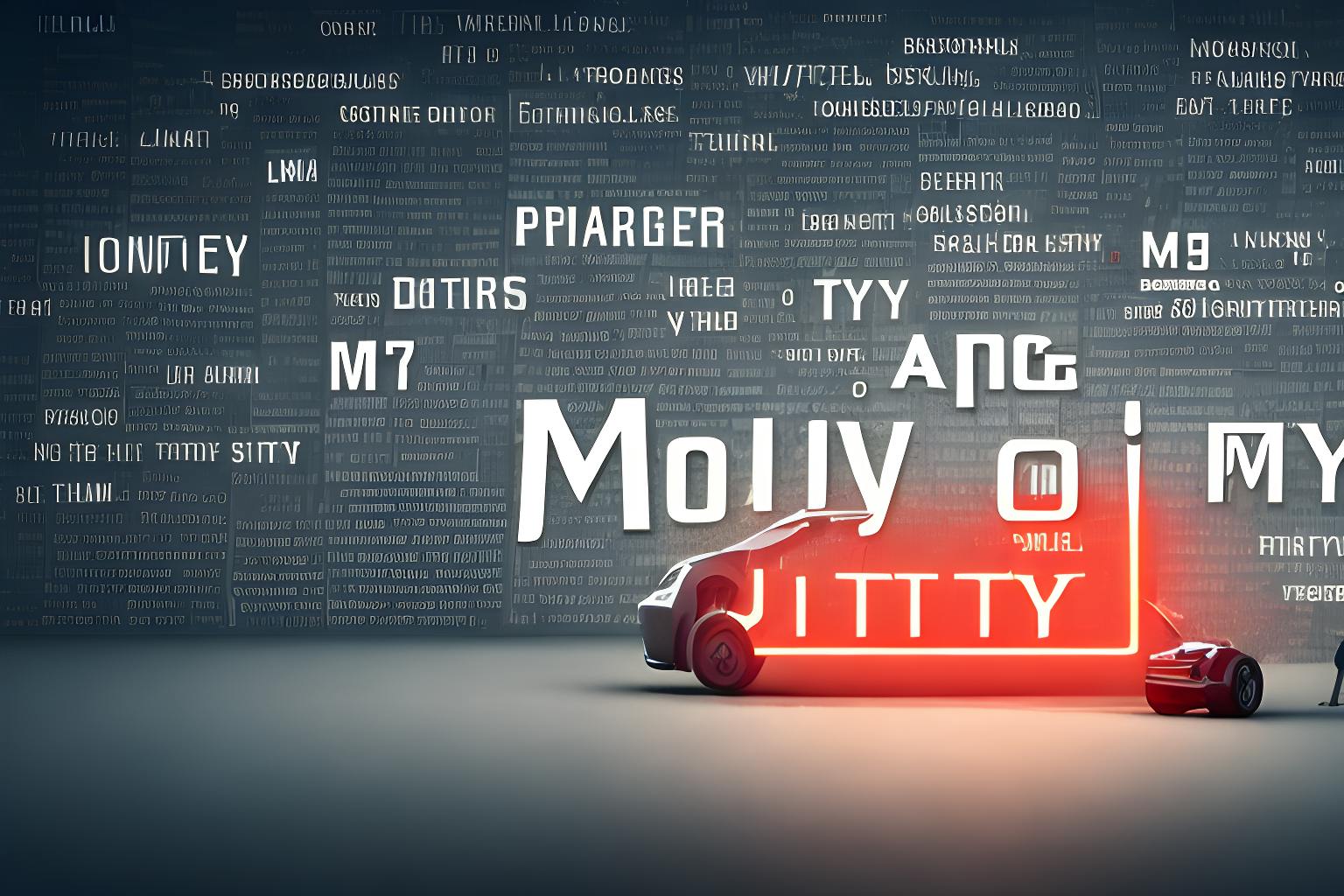The Copyright Act Preempts State Law Causes of Action: Why the OpenAI Lawsuit Should Be Dismissed
by
September 21st, 2023
Audio Presented by

Legal PDFs of important tech court cases are far too inaccessible for the average reader... until now.
About Author
Legal PDFs of important tech court cases are far too inaccessible for the average reader... until now.
